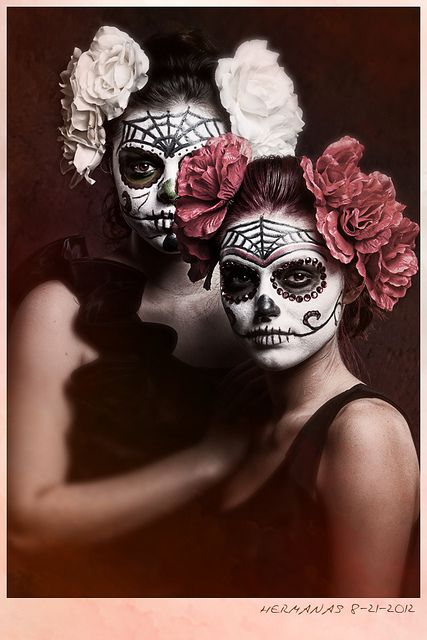A society that teaches us that we have to be perfect extinguishes authenticity because we end up wearing masks, pretending to be something we’re not.
In this environment, we also operate from a reactive mind, which protects the stories we tell ourselves—the inauthentic identity we’ve adapted to feel safe within the world.
Much of the unwillingness to speak our truth stems from the insecurity that we’re not enough as we are. And so we fabricate an illusion that exaggerates or entirely rewrites our identity. Of course, we have no choice when our society chooses to showcase perfection through media outlets while closeting imperfections and inner struggles.
By speaking our truth regardless of consequences, we’re able to walk the path of authenticity. Even if we don’t know our truth, we acknowledge that to ourselves honestly and set an intention to move toward it. Hiding behind a false truth is unsustainable, and leads to deeper states of pathological illness.
Drama and conflict inevitably occur as we uncover our truth. Why? Because our truth will threaten some people around us. This ultimately empowers us to have stronger self-esteem as we learn that our self-worth is not dependent on the reactions of others. As we speak our truth, we make mistakes, and we learn from them. Lastly, disputes reveal holes in our belief systems and help us shape a more evolved and refined expression of our truth.
When we avoid speaking our truth long enough, we end up with disease. We literally get so sick that we finally say what we need to say.
Disease is an accumulation of internal stagnation; the voice is an instrument of expressing inner consciousness. When we don’t use it or we suppress it, energy becomes stagnated within us, leading to confusion, physical inflammation of tissues and lack of free flow of blood and qi. If this pattern plays out long enough, we end up with disease or illness.
Often, it’s not until we make ourselves sick that we are finally willing to be honest with ourselves and speak our truth.
When disease is unresolved and progresses to a deeper level of severity, death sometimes follows. Many times it is on the deathbed that people regret what they didn’t do or say. They see that they were only doing themselves and the world a disservice by not living their truth—by allowing fear to control their lives.
A huge part of the healing process is accepting where we really are—letting go of the stories we’re telling ourselves about what is or isn’t possible. Everyone starts this expression of honesty at ground zero, and perhaps they don’t have insights to offer others at first.
However, their willingness to be true to where they are separates them from those who are unwilling. If they continue to seek their truth, they may eventually be capable of offering great wisdom through their authentic experience.
~
Author: Brandon Gilbert
Image: Jordan Chan/Flickr
Editor: Toby Israel
~









Read 0 comments and reply